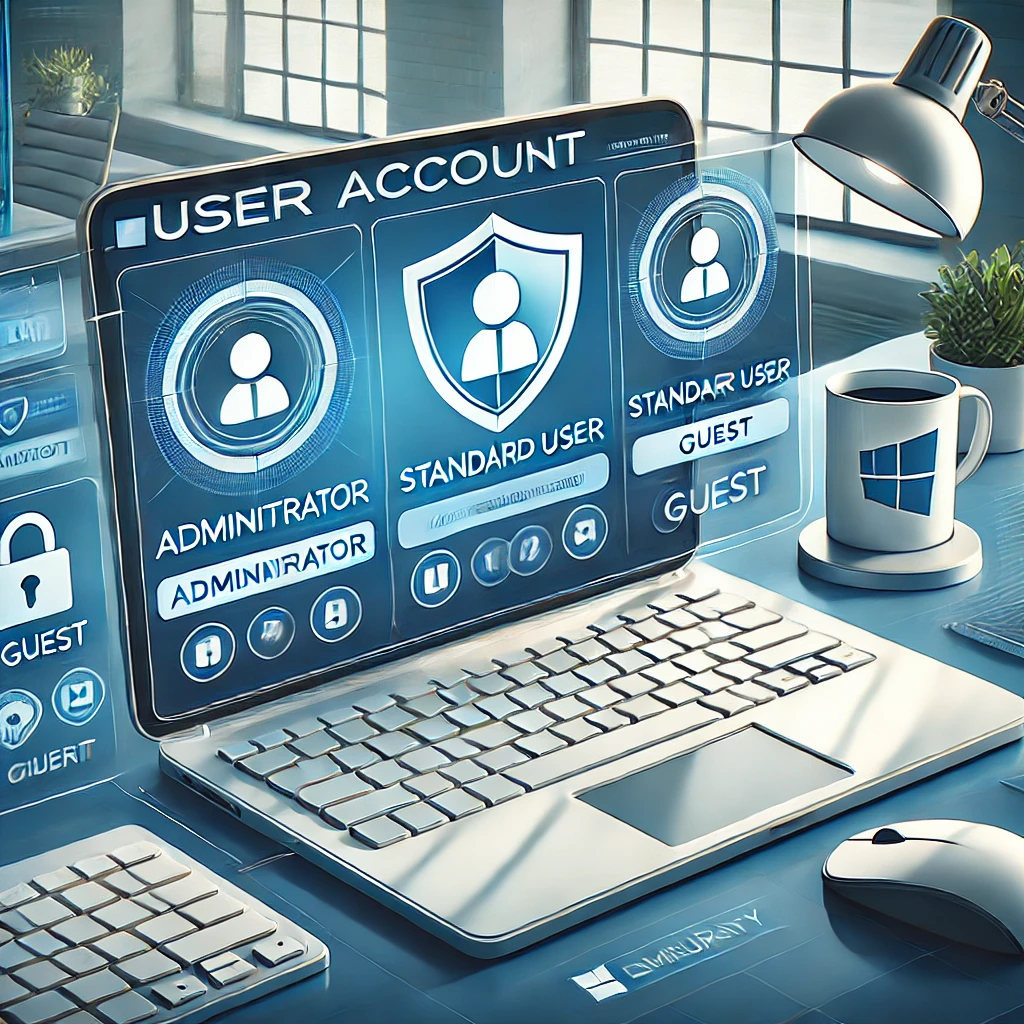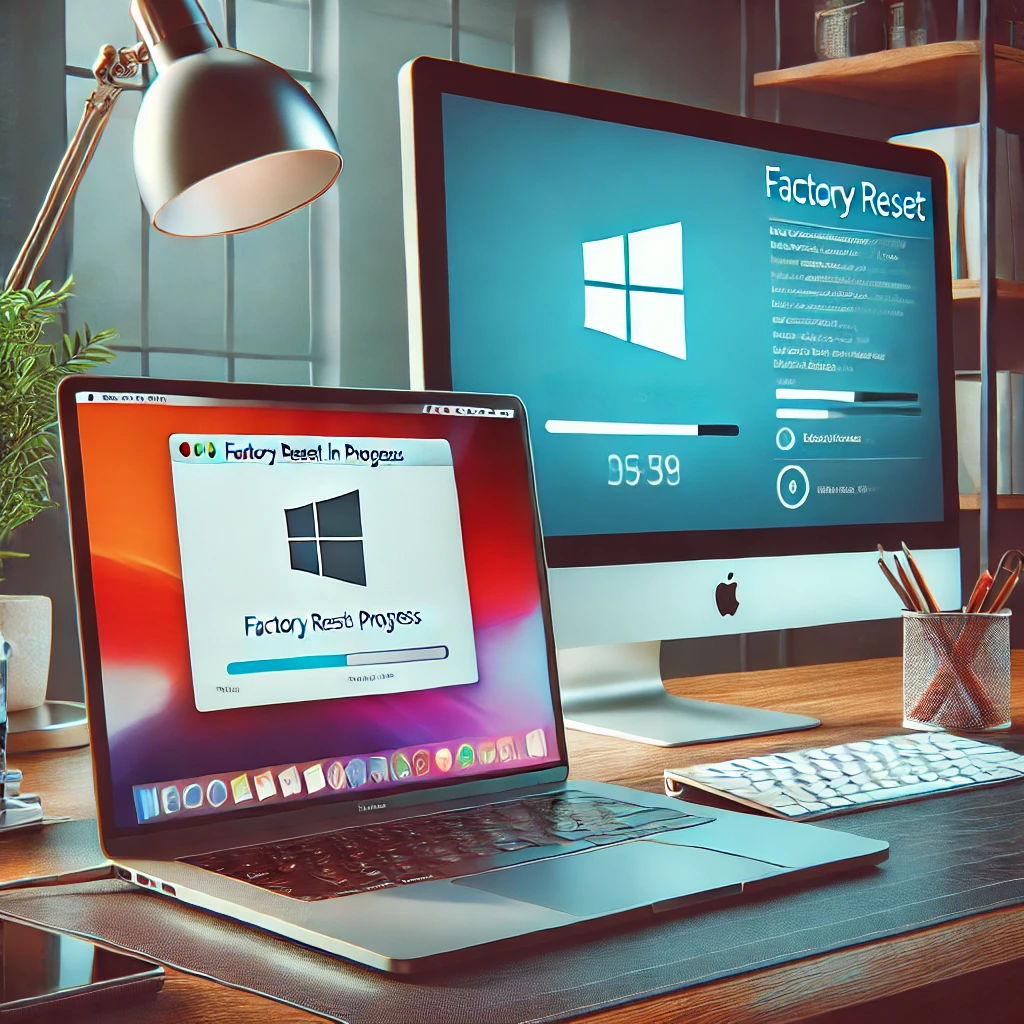Is your Windows PC running out of storage? Are you seeing the “Low Disk Space” warning? Over time, junk files, unnecessary apps, and large downloads clutter your system, slowing it down.
In this guide, we’ll show you how to free up disk space, remove unnecessary files, and optimize storage for better performance.
🔹 Common Reasons for Low Disk Space
Before fixing the issue, let’s understand what’s taking up space on your PC:
✔ Temporary Files & Cache – Windows stores unnecessary temp files.
✔ Large Unused Files – Videos, images, and old documents take up space.
✔ Duplicate Files – Multiple copies of the same file waste storage.
✔ Installed Programs & Bloatware – Unused software consumes space.
✔ Windows Updates & Restore Points – Old updates and system backups pile up.
✔ Download Folder Clutter – Large files stay in the Downloads folder unnoticed.
✔ Hibernation & Page Files – Windows uses extra storage for system performance.
Now, let’s go step by step to free up space on your Windows PC.
🔹 Solution 1: Use Windows Storage Sense (Auto Cleanup)
Windows has a built-in feature called Storage Sense that helps remove junk files automatically.
How to Enable Storage Sense:
1️⃣ Press Win + I to open Settings.
2️⃣ Go to System → Storage.
3️⃣ Toggle ON Storage Sense.
4️⃣ Click Configure Storage Sense and set cleanup frequency.
This will automatically delete temp files, recycle bin data, and old downloads.
🔹 Solution 2: Delete Unnecessary Files Using Disk Cleanup
Windows Disk Cleanup helps remove cache, system logs, and temp files.
Steps to Run Disk Cleanup:
1️⃣ Press Win + R, type cleanmgr, and hit Enter.
2️⃣ Select the drive (C: drive) and click OK.
3️⃣ Click Clean up system files and select more items.
4️⃣ Check Temporary Files, Recycle Bin, Windows Update Cleanup, and click OK.
This will free up several GBs of disk space.
🔹 Solution 3: Uninstall Unused Apps & Bloatware
Many installed programs take up unnecessary storage.
How to Remove Unused Programs:
1️⃣ Open Settings (Win + I) → Go to Apps.
2️⃣ Click Apps & Features.
3️⃣ Sort apps by Size to find the largest ones.
4️⃣ Click on unwanted apps and hit Uninstall.
Removing large and unused applications will free up storage instantly.
🔹 Solution 4: Delete Large & Duplicate Files
Find and Delete Large Files:
1️⃣ Press Win + E to open File Explorer.
2️⃣ Click This PC → Type size:>500MB in the search bar.
3️⃣ Delete unnecessary large files.
Remove Duplicate Files (Manually or via Software):
✔ Use Duplicate Cleaner Free or CCleaner to find and remove duplicate files.
🔹 Solution 5: Clear Temporary Files Manually
1️⃣ Press Win + R, type %temp%, and hit Enter.
2️⃣ Select all files (Ctrl + A) and delete them.
3️⃣ Press Win + R, type temp, and delete those files too.
4️⃣ Empty the Recycle Bin (Right-click → Empty Bin).
This clears temporary and cache files, freeing hundreds of MBs.
🔹 Solution 6: Move Files to an External Drive or Cloud Storage
If you have large files that you don’t need frequently, move them to:
✔ External Hard Drive / USB Drive – Keep backups and free up PC storage.
✔ Cloud Storage (Google Drive, OneDrive, Dropbox) – Store files securely online.
🔹 Solution 7: Disable Hibernation Mode (Saves Several GBs)
Windows Hibernation Mode uses a large hiberfil.sys file that takes up several GBs.
Disable Hibernation to Free Up Space:
1️⃣ Press Win + X, select Command Prompt (Admin).
2️⃣ Type: powercfg -h off and press Enter.
This instantly frees up 5–10GB of space.
🔹 Solution 8: Reduce Page File Size (Virtual Memory)
Windows creates a pagefile.sys (virtual RAM) that can be reduced to free space.
How to Adjust Page File Size:
1️⃣ Press Win + R, type sysdm.cpl, and hit Enter.
2️⃣ Go to Advanced → Under Performance, click Settings.
3️⃣ Select Advanced → Under Virtual Memory, click Change.
4️⃣ Uncheck Automatically manage paging file size.
5️⃣ Set a custom size (e.g., 1024MB – 2048MB).
6️⃣ Click OK and restart your PC.
This reduces system file usage and frees up disk space.
🔹 Solution 9: Delete Old Windows Update Files
Windows keeps old update files that can be removed safely.
Steps to Delete Windows Update Files:
1️⃣ Open File Explorer (Win + E).
2️⃣ Go to C:\Windows\SoftwareDistribution\Download.
3️⃣ Delete all files inside the folder.
This can free up several GBs of space.
🔹 Solution 10: Extend Storage (Upgrade HDD/SSD)
If you’re always running out of space, consider:
✔ Upgrading to a larger HDD or SSD
✔ Adding an external storage drive
✔ Using an SD card or USB drive for extra storage
An SSD upgrade also improves speed and performance significantly.
🎯 Final Thoughts
Low disk space slows down your PC and causes performance issues. Following these 10 solutions will help you free up storage and keep your system running smoothly.
📝 Quick Recap:
✅ Enable Storage Sense for automatic cleanup
✅ Use Disk Cleanup to remove junk files
✅ Uninstall unnecessary apps and bloatware
✅ Delete large, duplicate, and temporary files
✅ Move files to an external drive or cloud
✅ Disable Hibernation Mode for extra space
✅ Reduce Page File size to free virtual memory
✅ Remove old Windows update files
✅ Upgrade HDD/SSD if needed
💬 Did these steps help? Let us know in the comments! 🚀
🔹 You May Like :
🔗 How to Solve Unresponsive Programs issues of Computer
🔗 Essential Cybersecurity Tips to Secure Your Digital Life
🔗 How to Fix Internet Connection Issues on Any Device
![]()






Great